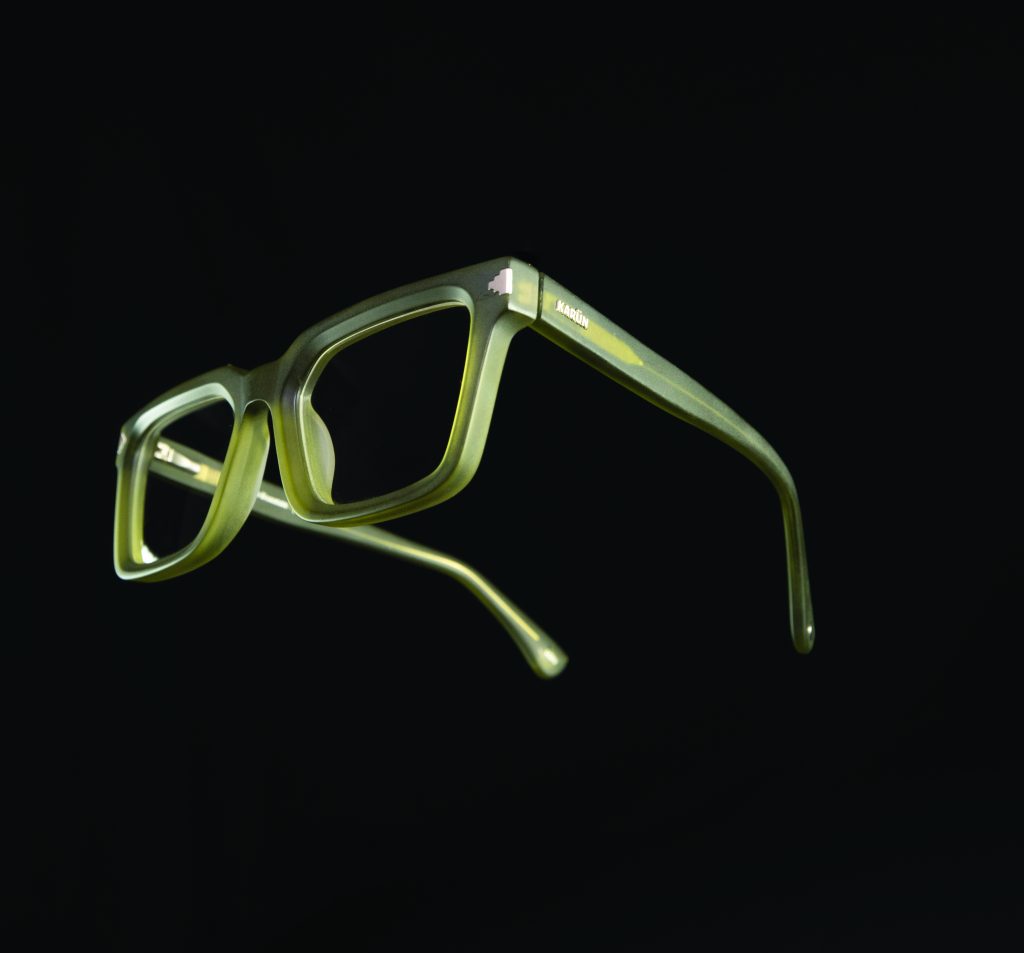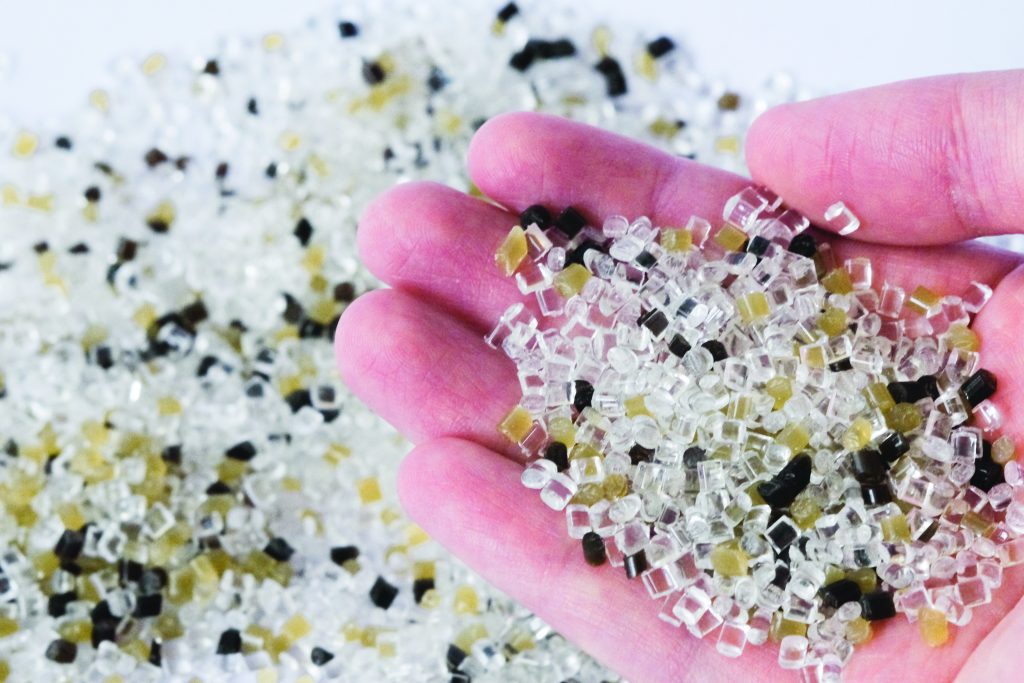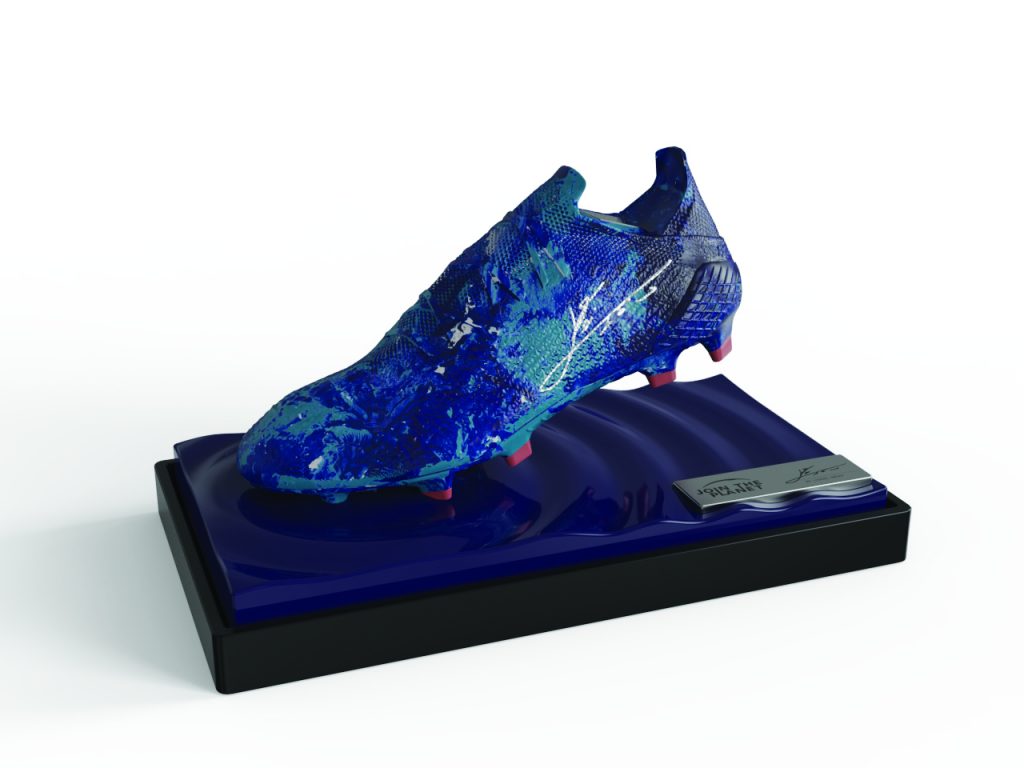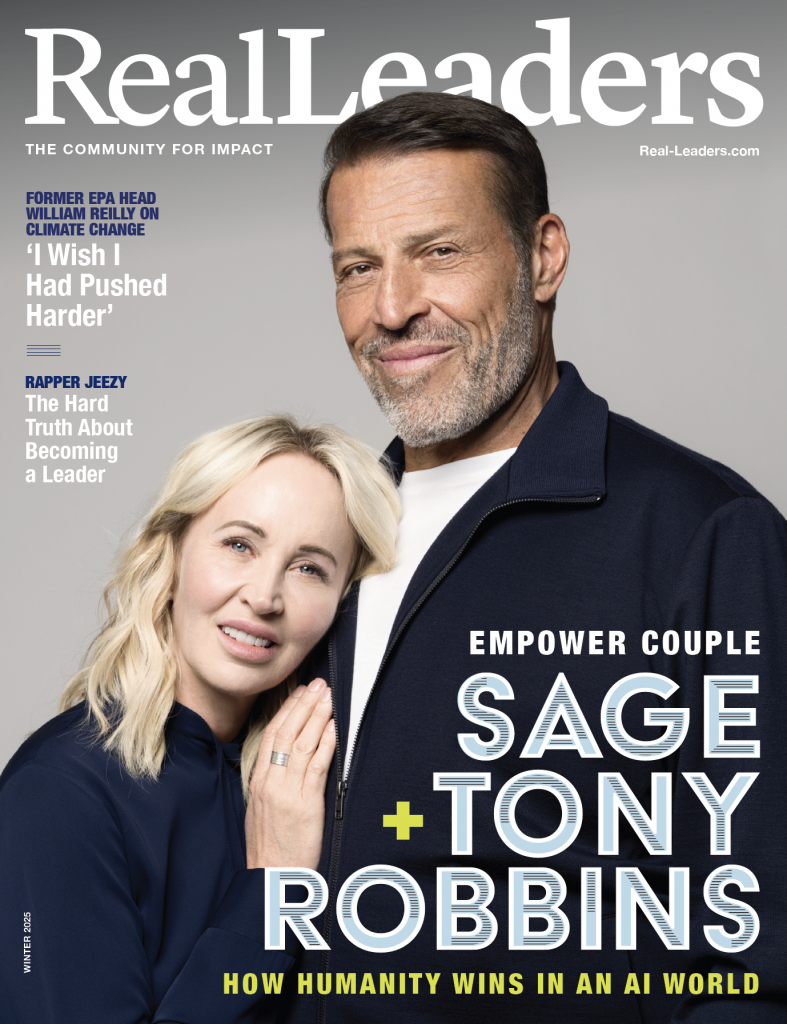
Beyond sustainability, this company is working toward regeneration with its recycled glasses.
Cigarette butts. Used fishing nets. Old carpets. Their next stop is typically the landfill, but one company sees these items as ready for their next life and in an unexpected place — on your face. Karun makes fashionable eyewear from recycled materials.
Founded by Thomas Kimber in 2012 in Patagonia, Chile, and present in over 20 countries, this certified B Corporation is also certified CarbonNeutral. Its product carbon footprint is less than half that of conventional eyewear. Karun aims to inspire the world to reflect on the question, “What would the world look like if we were all nature?” The company created a regeneration model that goes a step further than sustainability; instead of just replenishing what is used, it works to restore contaminated ecosystems.
A 2025 Real Leaders Top Impact Companies winner, Karun’s production process is conscientious every step of the way. It buys waste such as fishing nets, ropes, metals, wood, pigments, and organic materials from collectors in southern Chile and Patagonia. Then it recycles the items into eyeglasses, sunglasses, and straps, ensuring the factories have good working conditions. They are packaged in recycled cases and shipped on the most responsible route possible. When customers are ready to dispose of their glasses, they can return them to Karun to be recycled or donated for a discount on their next pair.
Karun’s latest innovation makes it perhaps the first company to produce glasses from cigarette butts. About 1.3 million tons of cigarette butts are discarded every year, and one cigarette butt can contaminate a dozen gallons of water. Karun repurposes acetate, the main component in cigarette ends, through a process recently developed by the CleanTech IMEKO, which removes toxicity from filters and recovers cellulose acetate as a sustainable raw material.

“Thanks to this collab with IMEKO, we can transform what was once considered waste into beautiful, high-quality products that generate a positive impact on our planet,” Karun says.
“The challenge with cigarette butts was to implement logistics capable of addressing such small and widely dispersed waste,” head of impact Carlos Aubert tells Real Leaders. “Here, the collaboration with IMEKO, alongside the motivation of businesses and the local government, enabled the establishment of city-wide collection networks while also raising public awareness about the environmental impact of cigarette butts.”
Karun is building small-scale, flexible distributed manufacturing networks with a more local dimension by sourcing the discarded materials in the same region where they are recycled, made into final products, and distributed.
In the spirit of transparency, it releases an annual impact report; measures and labels the product footprint of each product; and manages and traces its supply chain through blockchain technology displayed on its website. Karun aims to allow shoppers to make more informed purchasing decisions while encouraging the eyewear industry to follow suit in reducing their carbon emissions.

Celebrity Collaboration
Karun recently stepped into a different space when it partnered with Join the Planet to create a limited-edition collectible replica of world-renowned soccer player Lionel Messi’s left boot. Entirely made of recycled materials including discarded fishing nets, ropes, and bottle caps, the sports memorabilia comes with a digital certificate of authenticity and is traceable through blockchain technology.






